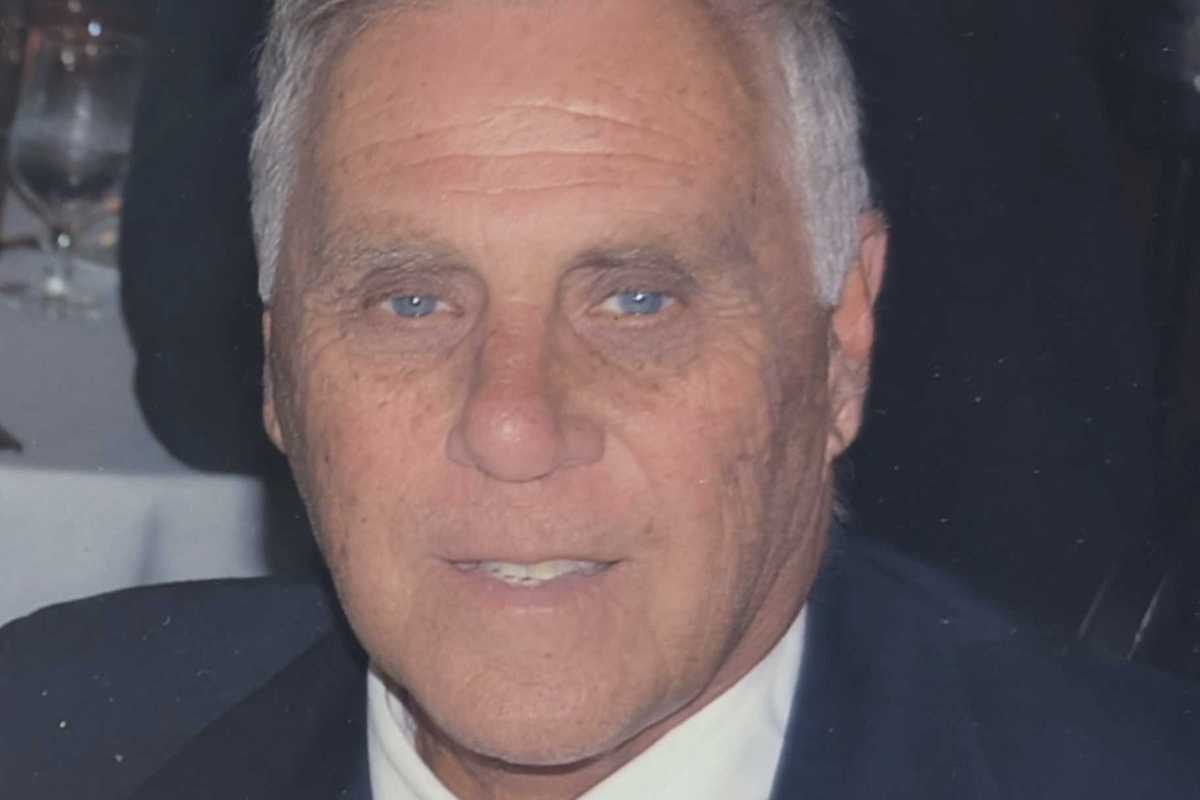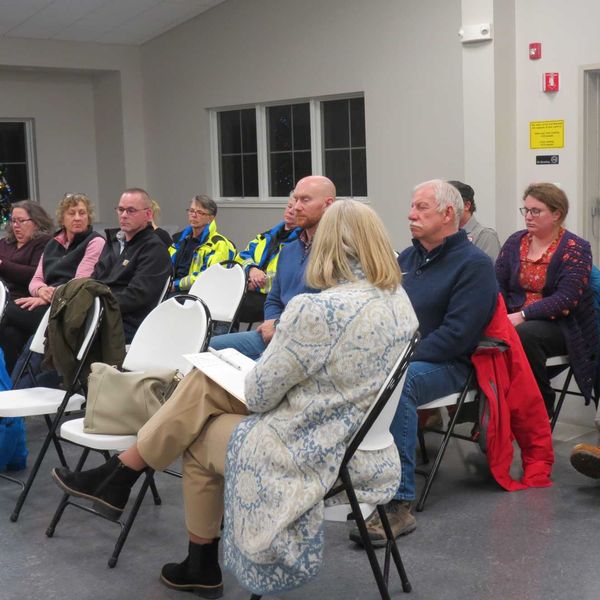Latest News
By Riley Klein
CORNWALL — A public hearing was held Tuesday, Jan. 13, to consider the creation of the West Cornwall General Business (WCBG) district.
The proposed zoning text amendment was submitted to the Planning and Zoning Commission in response to longstanding difficulties faced by West Cornwall business owners seeking to modify nonconforming buildings that do not meet current zoning requirements.
The amendment would establish the WCBG district as a separate zone, distinct from the existing business district in Cornwall Bridge. Within the new district, applicants are seeking to reduce the minimum lot size from one acre to 10,000 square feet, narrow the minimum lot width from 100 feet to 50 feet, and eliminate minimum front, side and rear setback requirements.
Most buildings in the area predate modern zoning regulations and were constructed directly on property lines, planning consultant Martin Connor told the commission on behalf of the applicants, West Cornwall Development Group LLC.
As a result of their nonconforming status, Connor said, many property owners have been unable to make even modest improvements. He cited the Pink House as an example, noting that its owners currently store buckets and mops outdoors because they are not permitted to construct a small exterior storage closet behind the building.
Public comment was mixed, with residents voicing both concern and support. Some speakers raised questions about safety and the potential impacts of the proposed changes, while others said the amendment would help bring long-standing nonconforming properties into compliance and create a more business-friendly environment. One resident asked the commission to allow additional time to review the application.
First Selectman Gordon Ridgway spoke in favor of the proposal, saying the current zoning framework “makes it very hard for any business to expand.” He added, “Having large amounts of property being zoned as nonconforming is bad planning, especially as we have for years tried to revive our business centers.”
After closing the public hearing, the commission discussed the proposal during its regular meeting and considered modifications before voting.
Commissioners focused their discussion on the proposed setback distances, citing fire safety concerns tied to the village’s historic character and the age of many buildings.
“Most of these buildings are old. They’re not built with fire blocking,” said Christine Gray, a commission member.
James LaPorta, also a commission member, raised similar concerns about safety and setbacks. “To have a zero side setback, I think, is asking for trouble in the long run. I think five [feet] would be fine.”
Commissioners said eliminating side setbacks entirely could create long-term safety risks and discussed whether a modest buffer would better balance flexibility for property owners with public safety considerations.
Commissioners also emphasized that any future applications within the district would still require review and approval by the Planning and Zoning Commission, as well as other relevant boards, including the Inland Wetlands & Watercourses Agency, the fire marshal and the Torrington Area Health District.
Chair Anna Timell moved to approve the application with a modification setting the side and rear setbacks at five feet, while reducing the front setback to zero feet. She cited the town’s Plan of Conservation and Development, which calls for reviewing and revising zoning regulations in business zones.
The motion passed unanimously.
Moving company
Commissioners also approved a site plan application for Karls on Wheels, a moving company proposing to locate at 26 Kent Road.
The plan includes no change to the footprint and no change in use, and does not permit self-storage on the site.
The application was approved unanimously.
Keep ReadingShow less
Edward Aparo
Jan 16, 2026
Edward Aparo
Edward Aparo
Edward Aparo passed away peacefully at his home on January 7, 2026 surrounded by his loving family.
Edward was born on May 10, 1936 in New Britain, CT. He was the beloved son of the late Anthony and Rose Valenti Aparo and attended New Britain schools. On April 7, 1958 Edward married his school sweetheart Jean Ackerman beginning a devoted marriage that spanned 67 years. Together they built a life rooted in family, hard work and love.
Edward began his career working in the family business, Aparo’s Electric Motor Service Inc. where he learned the trade alongside his father. Following his father’s passing, Edward became the owner of the business, carrying on the family legacy with dedication and pride. Edward is survived by his loving wife Jean Ackerman Aparo, his sons Stephen Aparo and his wife Marie of New Britain, CT and Craig Aparo and his wife Valerie of Naples, Fl, his sister Arlene Aparo StGermain and husband Joseph of Hobe Sound FL and his cherished grandchildren Danny Aparo and wife Nicole, Tyler Aparo and Morgan Wilson and Jared Aparo all of New Britain.
Services with be private.
Keep ReadingShow less
Henry Loher flew farther than any other competitor at Jumpfest 2025
Randy O'Rourke
SALISBURY — Salisbury’s longstanding tradition of ski jumping is reaching new heights this year with the 100th annual Jumpfest, scheduled for Feb. 6–8 at Satre Hill.
The weekend-long celebration begins with a community night on Friday, Feb. 6, followed by youth ski jumping competitions and the Salisbury Invitational on Saturday, and culminates Sunday with the Eastern U.S. Ski Jumping Championships.
While spectators look skyward to watch the high-flying athletes, Jumpfest will also invite the community to look back on Salisbury’s deep-rooted ski jumping history.
Ski jumping originated in Norway in the 19th century and is a tradition familiar to most Nordic children. That was the case for the five Satre brothers — John, Magnus, Ottar, Sverre and Olaf — who grew up competing in ski jumping and cross-country skiing.
When John Satre moved to Salisbury in 1923 to work as a chauffeur, he brought the tradition with him. The rolling hills and heavy winters of the Northwest Corner resembled those of Norway, allowing John to seamlessly integrate his passion into his new community.
Within a year, his brothers followed. In 1926, John Satre captivated roughly 200 spectators by skiing off a snow-covered barn roof.
The brothers soon formed the Salisbury Outing Club — now known as the Salisbury Winter Sports Association (SWSA) — and began construction of a permanent ski jump in the same location it sits today: Satre Hill.
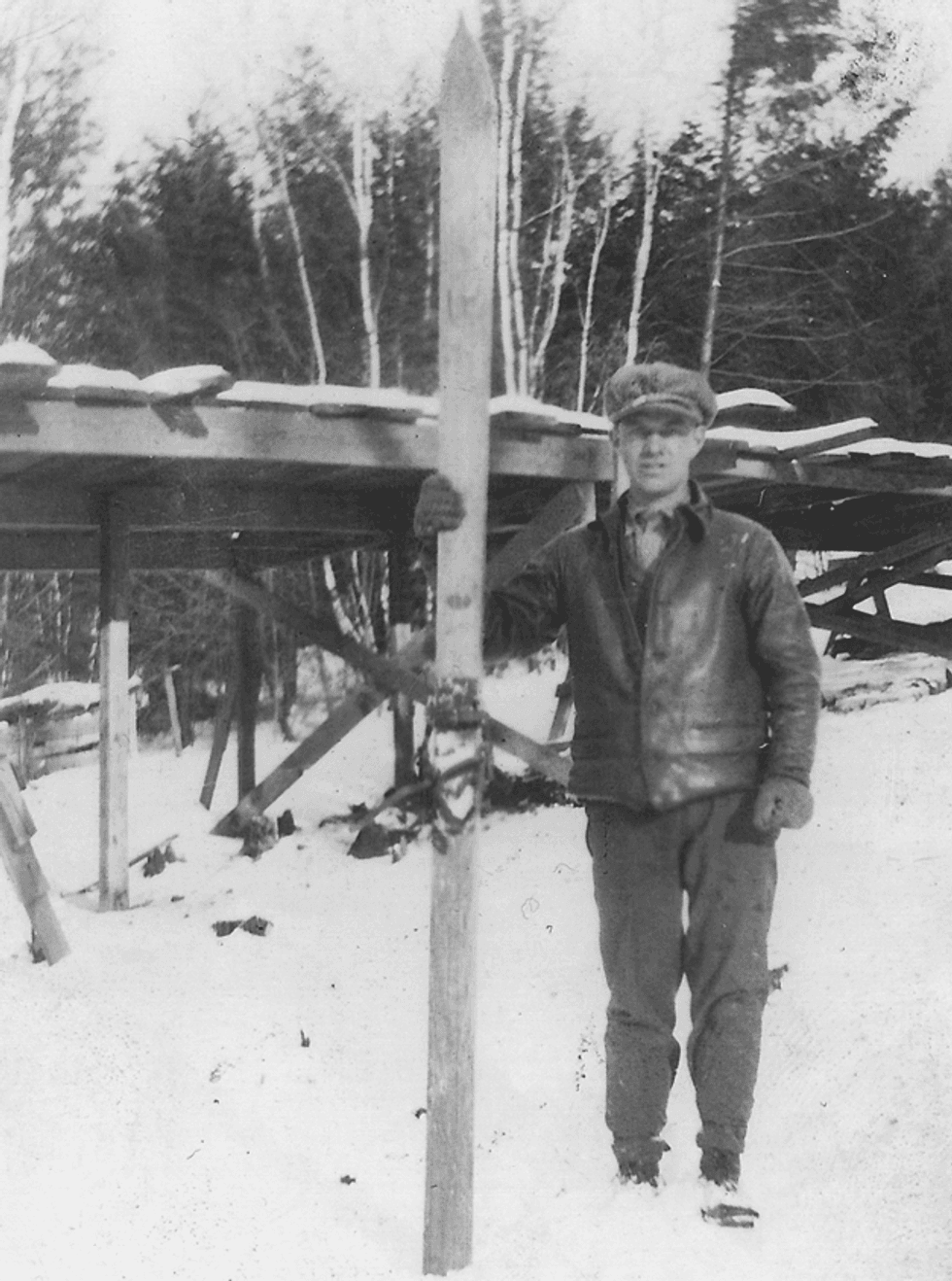
By 1933, the Satre brothers had won numerous championships and helped popularize the sport across the United States. Salisbury hosted the U.S. Olympic Trials in 1932, and the following year hosted the National Championships.
Tragically in 1934, at the age of 40, John Satre was killed in a car accident. The New York Times hailed him as a pioneer in U.S. skiing and his legacy is carried on in the winter sports culture that is nurtured in Salisbury today.
During this time, local children were introduced to the sport, creating makeshift jumps in their backyards out of crates and hay bales. One of these children was Richard Parsons, who became the first Salisbury resident to earn recognition for cross country skills. He earned a spot for the 1932 Lake Placid Winter Olympic Games and in 1936 competed in the Winter Olympics in Garmisch, Germany, where he was the leading American-born cross-country skier.
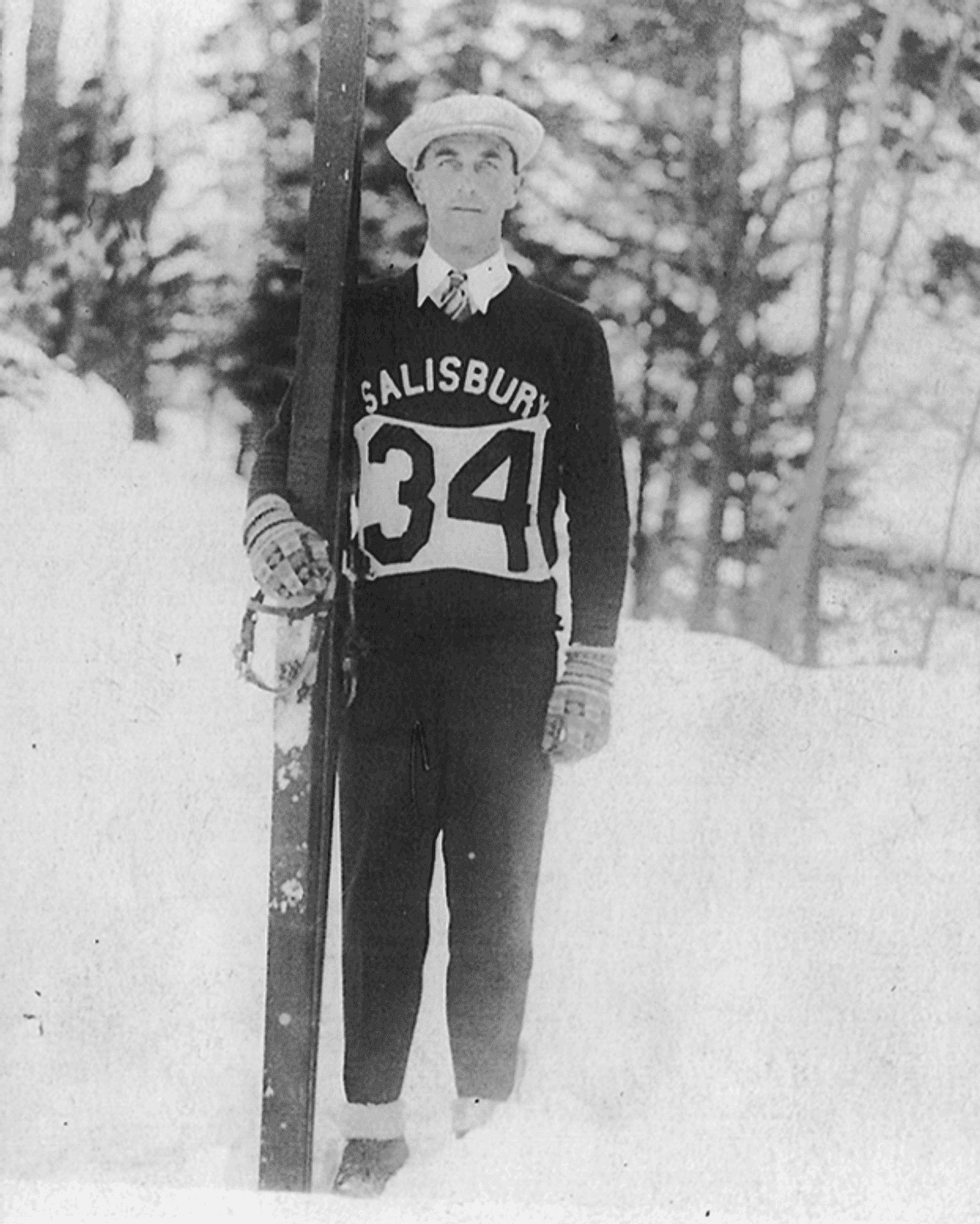
During World War II, young athletes who would have normally been jumping were enlisted in the service, causing a lull in the sport and deterioration of the jump itself. After the war, however, community members eagerly worked to rebuild the jump, and another Salisbury athlete emerged.
Roy Sherwood was first introduced to ski jumping when his father built him and his brother their own ski jump in their backyard. Sherwood quickly gained ground, earning himself the title of “hometown hero.” By 1954, Sherwood was offered a spot on the U.S. Olympic Team for the 1956 games in Cortina, Italy.
Sherwood’s path to the Olympics was far from easy. A year before the Games, he was diagnosed with polio, threatening his ability to compete. He recovered enough to travel to Italy, only to hit an icy patch during a practice run.
Sherwood rebounded and competed the next day, placing 36th out of 51 — the second-highest finish by an American — and was later inducted into the U.S. Ski & Snowboard Hall of Fame.
Today, four jumps line Satre Hill — K10, K20, K30, and K65. The 65-meter jump is used for competitions, and the smaller jumps are used to teach local youth during winter camps.
Islay Sheil, a Housatonic Valley Regional High School student and Lakeville resident, is the current SWSA athlete on the rise in ski jumping today. Her passion for the sport emerged during one of the SWSA winter camps, and last March earned gold in the Junior National Championships. The next Junior National Championships will be hosted in Salisbury in 2027.
While Salisbury celebrates the 100th anniversary of its own ski jump this year, the Olympic Games will be held in Milan and Cortina, Italy, the same place that Sherwood gained global recognition.
To honor the town’s remarkable history and tradition of ski jumping, Jumpfest will begin early with a Winter Warmer on Jan. 31 between 5:30 to 8 p.m. It will be at the home of Salisbury First Selectman Curtis Rand. Small plates and drinks will be served. Limited tickets are available for $50 and more details can be found at Jumpfest.org/100years/
On Feb. 1, a double feature screening of On the Hill and Downhill Racer will be held at The Moviehouse in Millerton, followed by a panel discussion on winter sports and SWSA’s role in Salisbury’s history. There will also be a raffle and SWSA merchandise for sale.
Tickets for the showing are $16 and details can be found at Jumpfest.org/100years/.
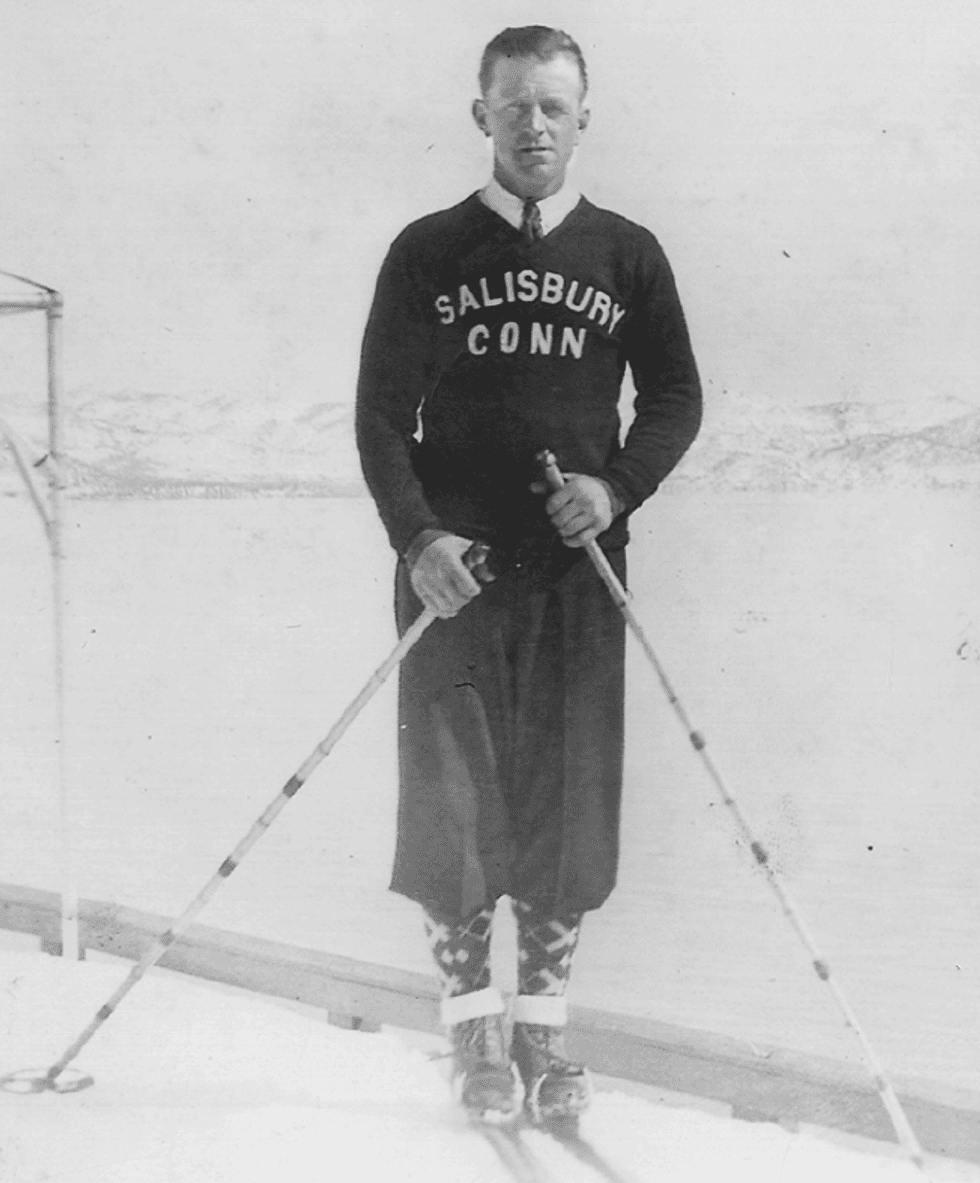
On Friday, Feb. 6, Jumpfest will host community night at Satre Hill. SWSA will offer free admission for the night. Gates open at 6 p.m. and “Target Jumping Under the Lights” will begin at 7 p.m. There will be fireworks sponsored by NBT Bank, bonfires, and food and drinks available for purchase. The Human Dogsled Race is set for 8:30 p.m. Teams of five can register at Jumpfest.org
On Saturday, Feb. 7, the Junior Competition on K20 jump will begin at 9 a.m. The Salisbury Invitational Ski Jumping Competition will practice from 11 a.m. to noon and compete at 1 p.m. Community members are invited to the Snow Ball at the Lakeville Town Grove at 8 p.m. Dancers will be accompanied by live music from the Steve Dunn Band. Entrance to the Ball is $20 with children 12 and under free of charge.
On Sunday, Feb 8, Satre Hill will hold the Eastern U.S. Ski Jumping Championships. Athletes will practice between 11 a.m. to noon and compete at 1 p.m.
When describing the community that surrounds the ski jumps, Willie Hallihan of SWSA explained that the length of time and number of people involved on an emotional level has made the sport “iconic to Salisbury.”
Hallihan recounted in the PBS documentary “The Jump” that the ski jumps are “like a family member to a lot of people”.
Keep ReadingShow less
Richard Charles Paddock
Jan 14, 2026
TACONIC — Richard Charles Paddock, 78, passed away Friday, Jan. 2, 2026, at Charlotte Hungerford Hospital.
He was born in Hartford on April 12, 1947 to the late Elizabeth M. Paddock (Trust) and the late Charles D. Paddock. He grew up in East Hartford but maintained a strong connection to the Taconic part of Salisbury where his paternal grandfather, Charlie Paddock, worked for Herbert and Orleana Scoville. The whole family enjoyed summers and weekends on a plot of land in Taconic gifted to Charlie by the Scovilles for his many years of service as a chauffeur.
Dick graduated from East Hartford High School in June of 1965 and went on to join the Class of 1969 at the Massachusetts Institute of Technology. He graduated from MIT with a degree in Electrical Engineering and followed in his father’s footsteps by accepting a job with IBM in 1969. His career at IBM spanned 31 years and involved everything from supercomputers to single chip microcomputers.
He formally retired from IBM in 2000 but stayed on at IBM as a contract employee for the IBM Executive Briefing Center in Poughkeepsie, New York. His work at the briefing center ended in July 2002 and he finally had time to pursue other interests. Those interests included the iron industry of the Northwest Corner and the Central New England Railroad which passed through Taconic from 1871 until 1965.
Dick joined the Friends of Beckley Furnace in 2003 where he helped develop educational programs with the late Ed Kirby and designed and produced interpretive signs to explain the site to visitors, spending most summer Saturdays as a docent at the site. He also joined the Historical Society branch of the Salisbury Association where he assisted in the preparation of numerous books, the oral history and interpretive signs for the Salisbury area. He also served several terms as a Trustee for the Association. Other activities included teaching courses for the Taconic Learning Center and The Bard Lifetime Learning Center and being a frequent speaker in the area on various topics such as the railroads, the iron industry and the industrial heritage of the area.
He leaves behind his wife and best friend, Frances Paddock of Taconic, two stepchildren; David Rosell of Greenville, New York, his son, Sterling of Tivoli, New York; Alicia Rosell of Dalton, Georgia, her daughters, Mary Rosell and Paula Gordon, also of Dalton, and his very large family of in-laws and many friends.
There will be no funeral services at this time. Ryan Funeral Home, 255 Main St., Lakeville, is in care of arrangements.
If you would like to remember Dick, please contribute to Friends of Beckley Furnace, P.O. Box 383, East Canaan, CT 06024, or the Salisbury Association (https://salisburyassociation.org/ways-to-support/donate/)
To offer an online condolence, please visit ryanfhct.com
Keep ReadingShow less
loading

